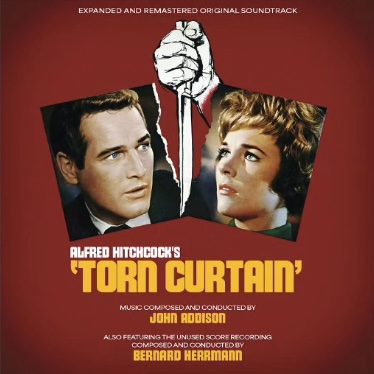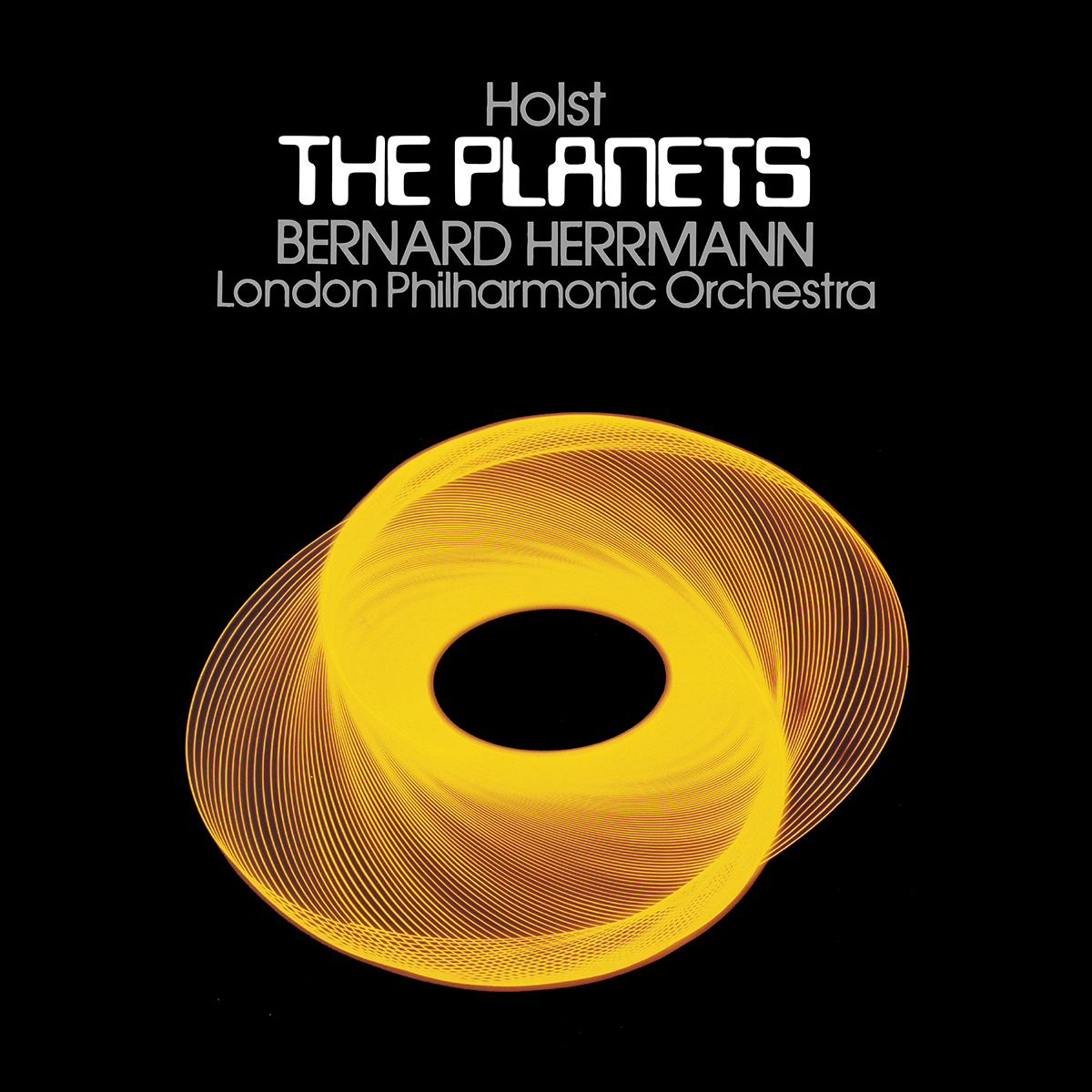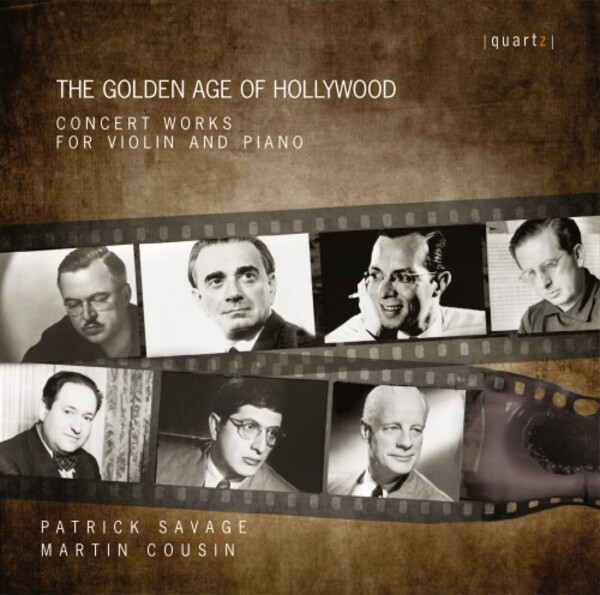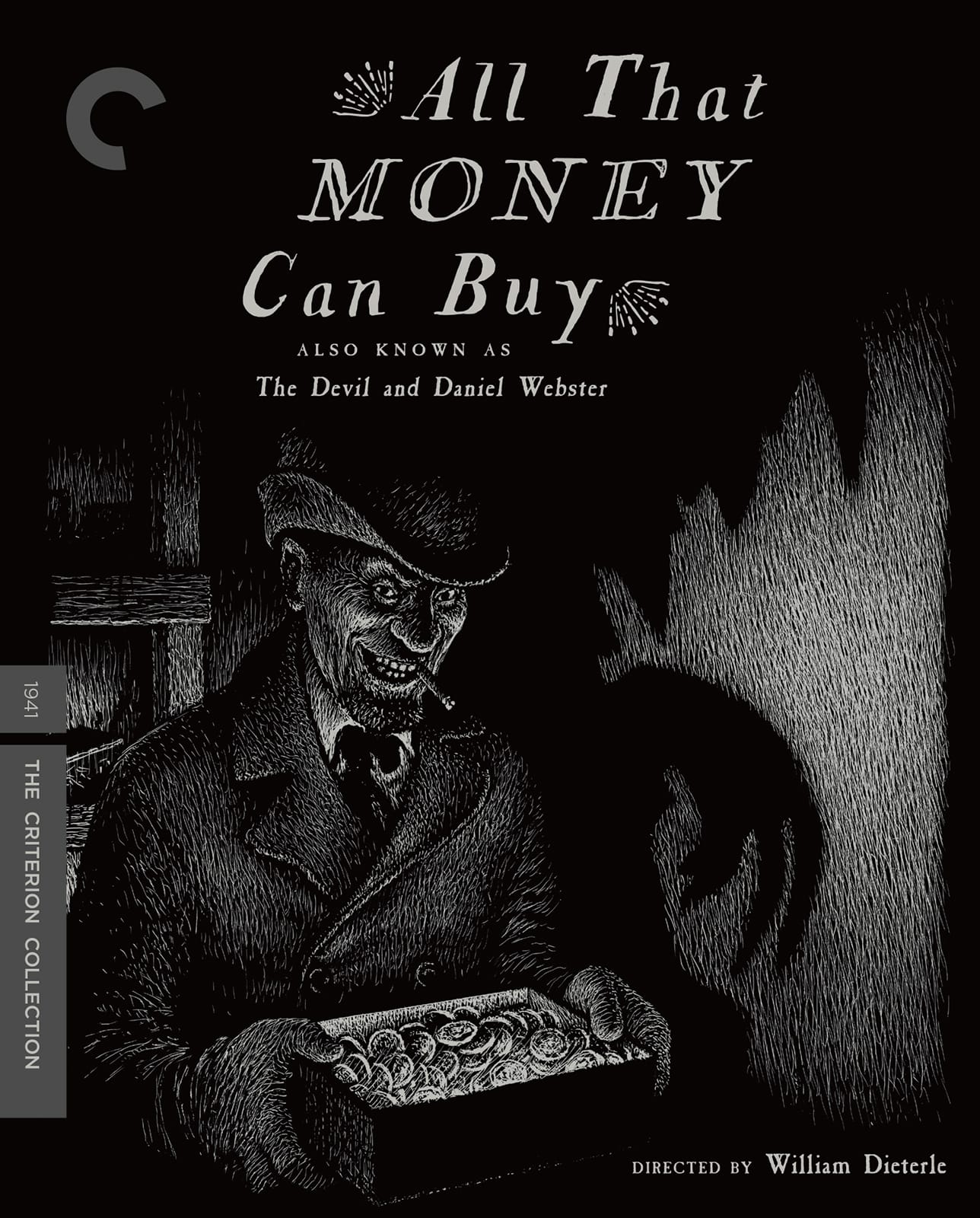Concert
Bernard Herrmann: More than the Movies
Eos Orchestra
Jonathan Sheffer
New York
15 February 2001
Review #2
On Thursday evening, February 15th, 2001, the EOS orchestra under the direction of Jonathan Sheffer presented a concert entitled: “Bernard Herrmann: More than the Movies.” The event took place in the Concert Hall at the Ethical Culture Society, 2 West 64th Street, New York City.
The first half of the program featured Arnold Schoenberg’s Accompaniment to a Film Scene, (1932) Herrmann’s Melodram: La Belle Dame Sans Merci, (1934) and Herrmann’s Psycho: A Narrative for String Orchestra. (1960). The second half consisted of scenes from Herrmann’s opera, Wuthering Heights (1951).
The evening began with a pre concert symposium featuring Artistic Director Jonathan Sheffer, music publisher John Waxman, (son of composer Franz Waxman), and Dorothy Herrmann, daughter of Bernard Herrmann and writer Lucille Fletcher. (Fletcher, who died on August 31, 2000, was the librettist of Wuthering Heights. The program notes contain a memorial tribute written by Dorothy Herrmann).
Ms Herrmann spoke briefly about how her parents met at CBS, but mainly discussed Herrmann’s travails in trying to get Wuthering Heights staged. She feels it was his obstinacy in forbidding cuts in a three and a half hour work that doomed any chance of a performance. When she and her mother attended the world premiere of the opera, after Herrmann’s death, they both agreed that some cutting would have made the work better. She feels, as many do, that actual performance gives a different perspective on a work, and that her father, had he experienced this, might have agreed to cuts.

John Waxman spoke about film music entering the standard concert repertoire (I doubt if this is true) because audiences are tired of atonality, and forgotten, romantic music is now more fashionable. Sheffer asked about the availability of score parts, and Waxman said that with email and faxes, these kinds of hurdles are being overcome. Waxman emphasized that the version of Psycho to be heard was a restoration, (by John Mauceri, who was present) of the original orchestration for Narrative for String Orchestra that Herrmann had prepared in 1968. He claimed this evening’s version would be heard for the first time in New York, the second time in the U.S., and the third in the world. (Herrmann scholars can verify if this is correct. I have heard that it is not).
Sheffer asked Waxman if, as the son of a famous composer himself, he was tempted to play favorites in recommending pieces to fill out film music concert programs. Not surprisingly, he said no, but that if, for example, a concert programmer needed a piece for a saxophone player, while Taxi Driver would be an obvious choice, he might also recommend his father’s A Place in the Sun.
Ms Herrmann found it necessary to state that while her father had a very tough and difficult exterior, the real person inside was quite different. How different, or in what way, we were left to guess: worse? More of a social monster? Or soft and mushy? Her loyalty and affection, though commendable, does not make her a reliable source for this kind of analysis.
Most of the questions and answers seemed rehearsed, simplistic, self promotional, and could not have contained any information that would be new, or of value to those familiar with Herrmann. For those audience members not interested in the subject per se, i.e. regular subscribers, much of the material would be arcane.
I suspect the reason for these symposiums has much to do with the grant process: if the concerts have an educational component, it is probably easier to obtain government funding. Whatever value may be derived from all this talk tends to distract from the music at hand.
The opening selection of the concert, Schoenberg’s Accompaniment to a Film Scene, was meant to establish Herrmann’s connection with the European avant garde. Ironically, it was the only piece on the program not written to accompany words or images. This was not music that availed itself of any emotional connection, but there were elements of parody: what a composer who is outside the craft might think a film score is supposed to sound like.
It was followed by Herrmann’s Melodram: La Belle Dame Sans Merci, with text by John Keats, read by actor Michael Wager. Prior to the performance, a recording of the introduction to the original (1934) radio broadcast was played. (I presume so – the program notes do not mention, or verify, the source). Much was made by the CBS radio announcer of the experimental nature of the piece, and the relationship of the microphone, the speaking voice, and the orchestra.
If these relationships were of importance, they were considerably diminished by the mode of presentation. Mr. Wager’s voice was enhanced by the microphone; the orchestra was not. Sound balance must have been crucial to Herrmann’s conception, and I don’t think it was successful here. I was also expecting more of an interplay between music and the spoken word – Walton’s music under Olivier’s Shakespearean soliloquies comes to mind as a high achievement in this art – but Herrmann must have been thinking of an “overall” mood, and in this respect he succeeds.
The next section, prior to intermission, was Psycho: A Narrative for String Orchestra. This was the weakest entry, not so much because of the playing, but due to the context in which it was heard. We were first shown a tired series of film clips: Vertigo, The Ghost and Mrs. Muir, (labeled 1958!) North by Northwest, and lastly, the moments leading up to the shower scene in Psycho. Once the murder started, the film was turned off, and the orchestra began the suite with those familiar (too familiar) shrieking violins. This gimmicky introduction produced audience laughter, and demolished any hope of producing the mood upon which this music so greatly depends. And as for the pre concert chatter about Mr. Mauceri’s restoration: Herrmann’s concert arrangement of his score is a true narrative, independent of the images. It is unbearably tense, alternating violence with beauty and melancholy. The piece needs quiet, it needs pauses, it needs to build, and in this skewed and rushed presentation, all of that was lost. It also seemed truncated, though I have no recording of the concert to verify this. To be fair, some of my disappointment was ameliorated by the rare experience of hearing this music live, in a concert setting. Properly presented, it belongs there.
The second half of the evening was devoted to scenes from Wuthering Heights, featuring singers Joyce DiDonato and Nathan Gunn, with interspersed readings from the novel by theatre actress Cherry Jones. I found the music to be beautiful, exuberant, and in some respects un-Herrmann like, at least the Herrmann that I have known from film work. It produced a feeling of exultation, as if some aspect of the composer’s nature, hitherto unheard, was at last released. I have no Ur text with which to compare the performance, but there was a passionate commitment from all forces, orchestral and vocal.
Here again, even in a work that was “purely” musical, Mr. Sheffer felt the need to support it with other than musical means. I refer to the readings by Ms Jones, and I wonder if Mr. Sheffer did not consider that the choice of a Tony award winning actress would add luster, if not substance, to his program.
As an encore, the orchestra played a very good rendition of the prelude from North by Northwest. This was simply fun: no talking, no explaining, no film clips, just the music. I wish the same respect had been afforded to Psycho. And if one were making comparisons, rather than the Schoenberg piece, wouldn’t it have been more appropriate to hear a selection from Jane Eyre?
For all the caveats, I still rate the evening a success, if only because we could hear this music as part of a live, listening audience. This audience has now dispersed, and without the distraction of well meaning explainers, each member will decide for themselves: who is Bernard Herrmann? What meaning, if any, does his music have for me?






![The Man Who Knew Too Much – 4K restoration / Blu-ray [A]](../../../wp-content/uploads/2023/11/TMWKTM-4K.jpg)
![The Bride Wore Black / Blu-ray [B]](../../../wp-content/uploads/2023/07/BrideWoreBlack.jpg)
![Alfred Hitchcock Classics Collection / Blu-ray [A,B]](../../../wp-content/uploads/2020/07/AHClassics1.jpg)
![Endless Night (US Blu-ray) / Blu-ray [A]](../../../wp-content/uploads/2020/03/EndlessNightUS.jpg)
![Endless Night (UK Blu-ray) / Blu-ray [B]](../../../wp-content/uploads/2019/12/ENightBluRay.jpg)